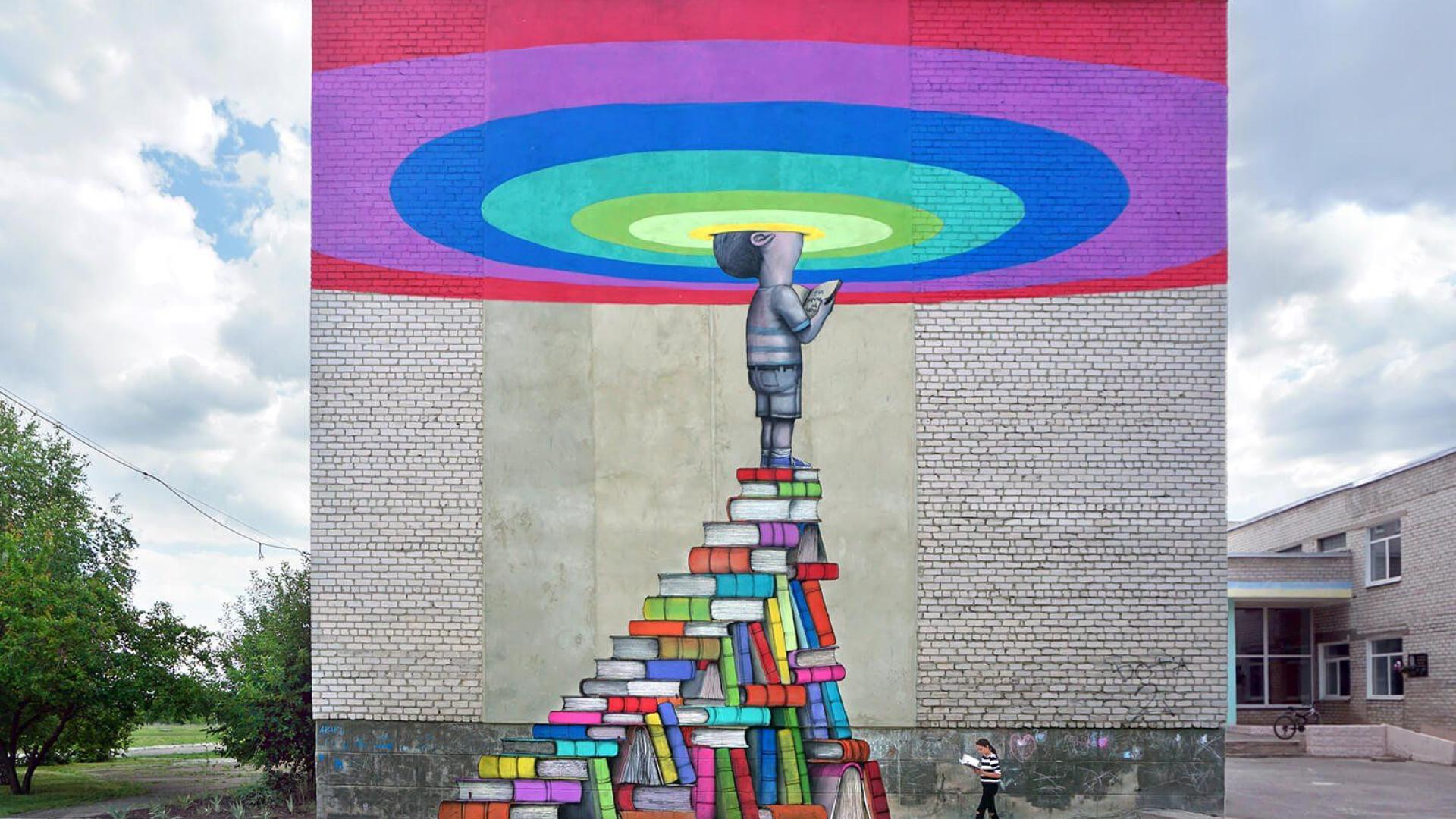
Also on: Apple Podcasts | Youtube Music | Spotify | Amazon Music | Deezer
Welcome to The Policy Nerd podcast by the UNESCO Inclusive Policy Lab. This is the place where top thinkers come to talk concrete data and debate policy solutions that would reset us along a more equitable and smarter path.
This episode’s guest is Elizabeth Rasekoala, a chemical engineer and President of African Gong, a pan-African network that promotes scientific and technological knowledge for social change and inclusion. Dr Rasekoala is also the first African recipient of the international science communication award, the Nat Award 2019, and editor of 'Race and Sociocultural Inclusion in Science Communication: Innovation, Decolonisation, and Transformation".
The host is UNESCO’s Iulia Sevciuc.
Together, they explore whether and how science communication can increase public trust in science and, in turn, public buy-in for the policies informed by that science. This conversation with Elizabeth focuses on data from the field, emerging research, and tangible efforts - whether led by governments or research institutions - to strengthen representation in science communication.
Have you seen?
There is no refuge in the lab, science needs to reach out
Mistrust in regulatory science can be valid, handle it better
Polarisation kidnapped science, the price is paid by all
...
Elizabeth Rasekoala is the President of African Gong: The Pan-African Network for the Popularization of Science & Technology and Science Communication. With a professional background in chemical engineering, her work spans public innovation and transformative development through advancing diversity, sociocultural inclusion, and race and gender equality issues in science communication and STEM education. She is the editor for "Race and Sociocultural Inclusion in Science Communication: Innovation, Decolonisation, and Transformation."
Iulia Sevciuc is UNESCO’s lead on inclusive policies and data-driven policy change. Prior to this appointment, Iulia worked with the United Nations Development Programme (UNDP) on similar agendas.
The facts, ideas, and opinions expressed in this video are those of the presenter; they are not necessarily those of UNESCO or any of its partners and stakeholders and do not commit nor imply any responsibility thereof. The designations employed and the presentation of material throughout this piece do not imply the expression of any opinion whatsoever on the part of UNESCO concerning the legal status of any country, territory, city, or area or of its authorities, or concerning the delimitation of its frontiers or boundaries.
